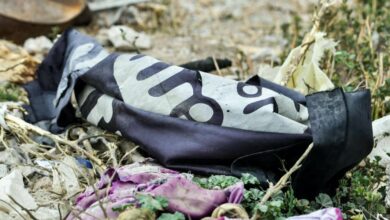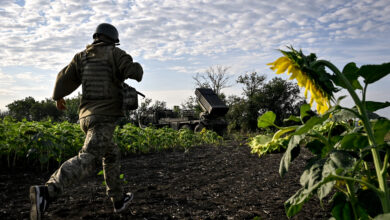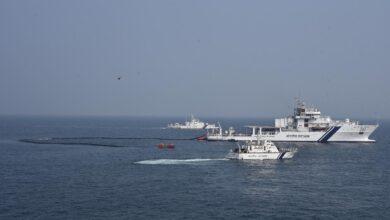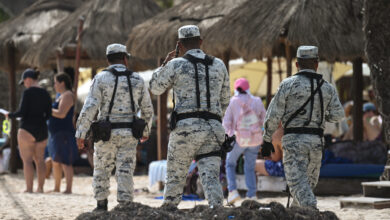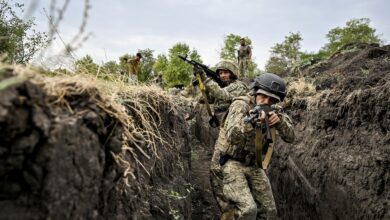Five Philippines troops killed battling Abu Sayyaf on Jolo
A “fierce firefight” on Saturday, February 2 killed five Philippine soldiers and three militants from the Islamist Abu Sayyaf group suspected of this week’s deadly cathedral bombing in the nation’s restive south, the military said.
The soldiers battled Abu Sayyaf militants in Patikul on the southern island of Jolo in Sulu state, which is the group’s stronghold and near the site of double bomb attack on January 27 that killed 22 people at Sunday Mass.
After the cathedral bombing, President Rodrigo Duterte singled out Abu Sayyaf – which has previously been blamed for some of the Philippines’ deadliest attacks – and ordered the military to “crush” them.
Such was the extent of injuries on some of the soldiers who fought against the Sawadjaan group of the Abu Sayyaf. They had to be airlifted by night. @abscbnnews pic.twitter.com/9zech7ymcR
— Chiara Zambrano (@chiarazambrano) February 2, 2019
“It was a fierce firefight”, regional military spokesman Lieutenant Colonel Gerry Besana told AFP, confirming the death toll. “It went on for nearly two hours.”
Lieutenant Cololonel Gerald Monfort, spokesperson of the Philiipine Army’s Joint Task Force Sulu, told reporters that the firefight erupted between the 5th Scout Ranger Battalion and about 150 Abu Sayyaf fighters near Patikul, Benarnews reported.
Monfort said 18 soldiers and at least 15 militants were wounded, ABS-CBN reported.
Another badly wounded soldier needed immediate airlifting out of Sulu.
Updated casualty count as of this evening:
5 soldiers killed in action, including a junior officer
18 soldiers wounded @abscbnnews pic.twitter.com/gtgOnjRzGs— Chiara Zambrano (@chiarazambrano) February 2, 2019
Philippine officials have theorised that the Jolo cathedral attack was the work of at least one suicide bomber, but have conceded they been unable to confirm this suspicion yet.
Not long after the attack, Islamic State claimed fighters from its East Asia province affiliate carried out suicide bombings at the cathedral.
Abu Sayyaf commander Isnilon Hapilon pledged allegiance to ISIS leader Abu Bakr al-Baghdadi in 2014, and in July 2018 the group became part of the newly declared Islamic State East Asia province. Hapilon was killed in 2017.
The bombing came just days after voters resoundingly backed giving the Muslim minority in the south more control over their own affairs in the Bangsamoro Autonomous Region in Muslim Mindanao, seen as a significant step toward bringing a measure of peace to a region battered by decades of separatist strife.
The Philippines was shaken again on Wednesday when a grenade attack on a mosque killed two people, sparking concerns it was an act of retaliation. Authorities have not yet linked the two attacks.
Misinformation and intelligence failures: How the Philippines underestimates ISIS
With reporting from AFP




